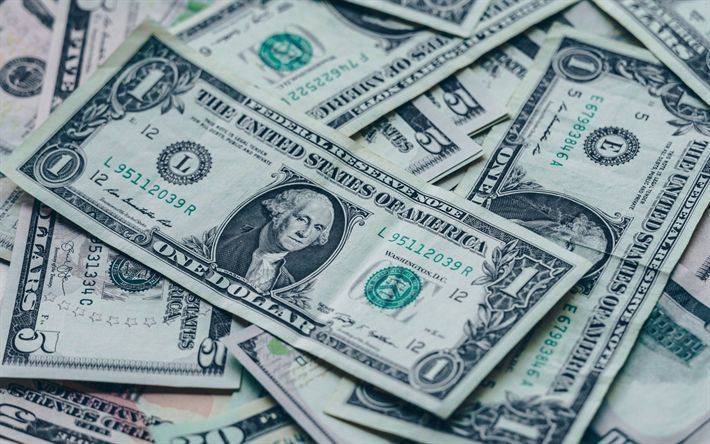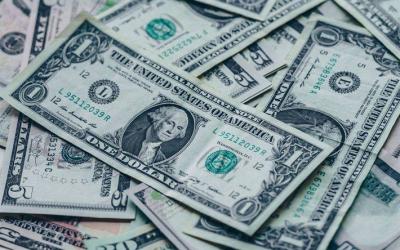The dollar attempted to hold onto its gains on Monday, as upcoming decisions from central banks in Japan and Europe and fluctuating market expectations regarding potential reductions in U.S. interest rates halted its data-driven rise seen late last week. The yen was a notable exception in otherwise calm trading, moving away from its one-month low of 148.80 reached on Friday to rise to 147.74. The yen has been the most declining currency against the dollar this year, falling about five percent in a quick rebound from its rise in December to its highest levels in five months near 140.
The Bank of Japan is beginning a two-day meeting today, with bets on a shift from monetary easing decreasing following the earthquake that struck Japan's west coast on the first day of the new year, alongside cautious comments from bank officials. The dollar index dipped 0.09 percent to 103.19 points, remaining stable against the euro at 1.0901 dollars.
Markets are anticipating a lot this week, with monetary policy meetings for the European Central Bank, the Bank of Canada, and Turkey's central bank set for Thursday, in addition to a busy earnings season and disruptions in the Red Sea affecting global trade and supply chains.
Ahead of the European Central Bank's meeting, the discussion has shifted somewhat, as policymakers accept that the next step will likely be lowering borrowing costs, but later and to a lesser extent than markets expect. Market analysts believe the European Central Bank's inflation forecasts are incorrect and expect five interest rate cuts this year.
The pound was trading at 1.2716 dollars in recent dealings, up 0.12 percent on the day. The pound fell last week after data on Friday showed retail sales declined the most in three years. However, the currency gained support from the continued rise in inflation rates and the belief that the Bank of England is unlikely to cut interest rates as quickly as the European Central Bank or the Federal Reserve.




